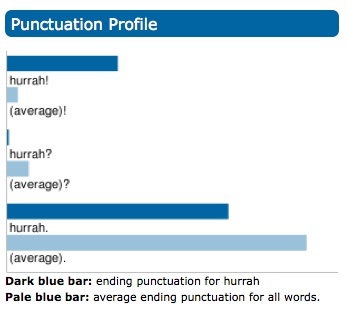Today’s word of the day is crotchet, noun, “an odd, whimsical, or stubborn notion.” It came to Middle English from the Old French, a diminutive form of croche. Most people know the more common adjective form, crotchety, “characterized by odd fancies or crotchets; fantastic or eccentric in thought; whimsical.” William Temple Hornaday used it to describe giraffes in The Minds and Manners of Wild Animals: “Each one has its own headful of notions, and rarely will two be found quite alike in temperament and views of life. Some are sanguine and sensible, others are nervous, crotchety, and full of senseless fears.”


